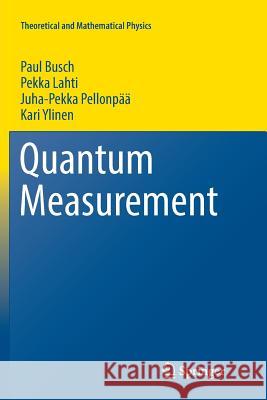Quantum Measurement » książka
topmenu
Quantum Measurement
ISBN-13: 9783319828091 / Angielski / Miękka / 2018 / 542 str.
Quantum Measurement
ISBN-13: 9783319828091 / Angielski / Miękka / 2018 / 542 str.
cena promocyjna 386,91
(netto: 368,49 VAT: 5%)
773,83
Rabat: -50%
Najniższa cena z 30 dni: 616,85
(netto: 368,49 VAT: 5%)
Rabat: -50%
Najniższa cena z 30 dni: 616,85
Termin realizacji zamówienia:
22 dni roboczych
22 dni roboczych
Darmowa dostawa!
Zobacz inne książki w promocji: Wyprzedaż publikacji z zakresu nauk stosowanych
Kategorie BISAC:
Wydawca:
Springer
Seria wydawnicza:
Język:
Angielski
ISBN-13:
9783319828091
Rok wydania:
2018
Wydanie:
Softcover Repri
Ilość stron:
542
Waga:
0.77 kg
Wymiary:
23.39 x 15.6 x 2.87
Oprawa:
Miękka
Wolumenów:
01
Dodatkowe informacje:
Wydanie ilustrowane











